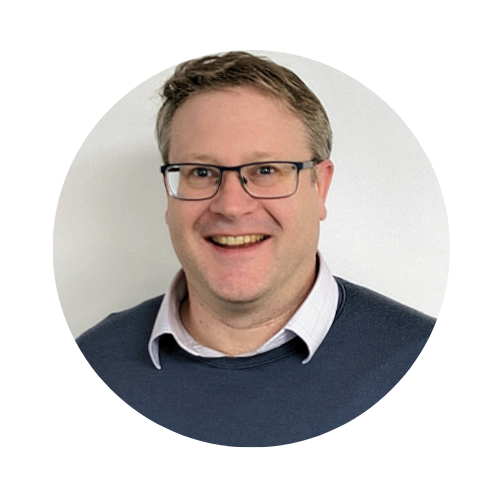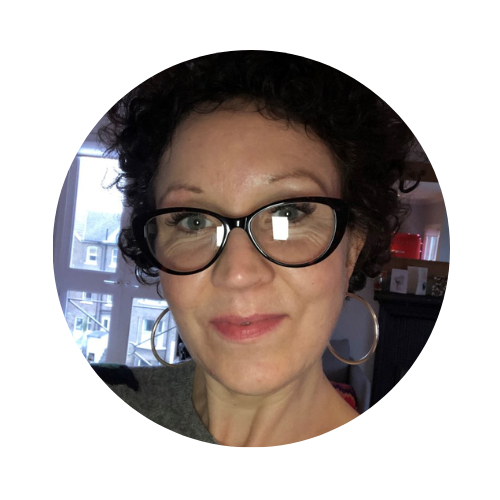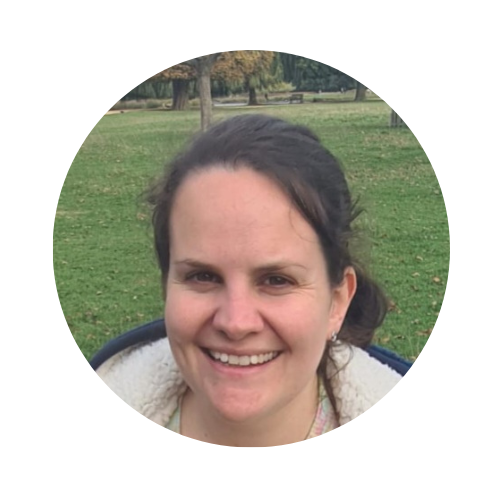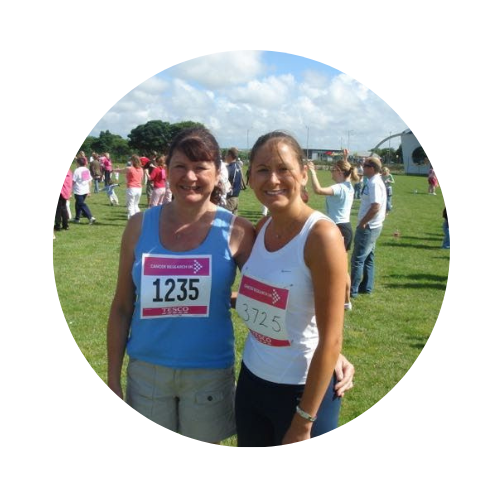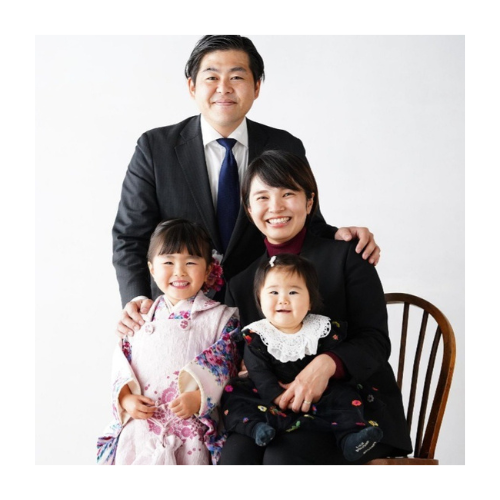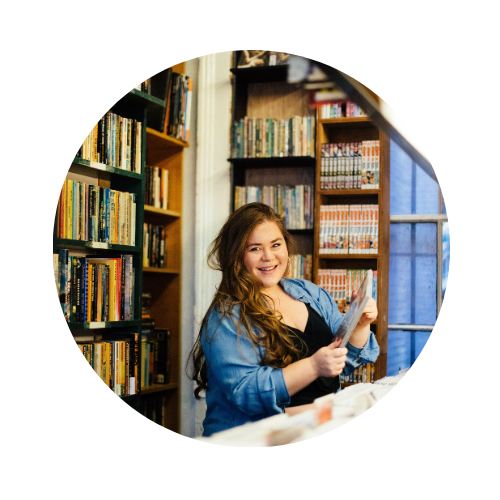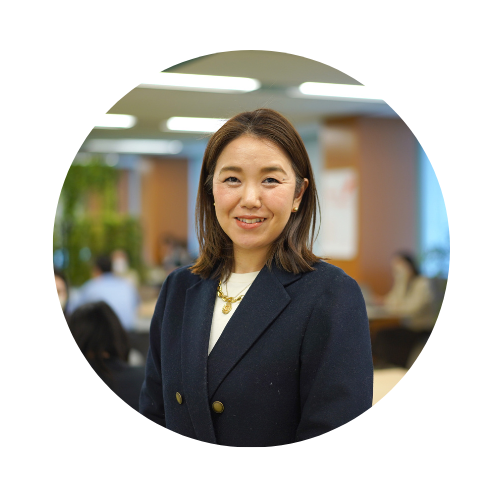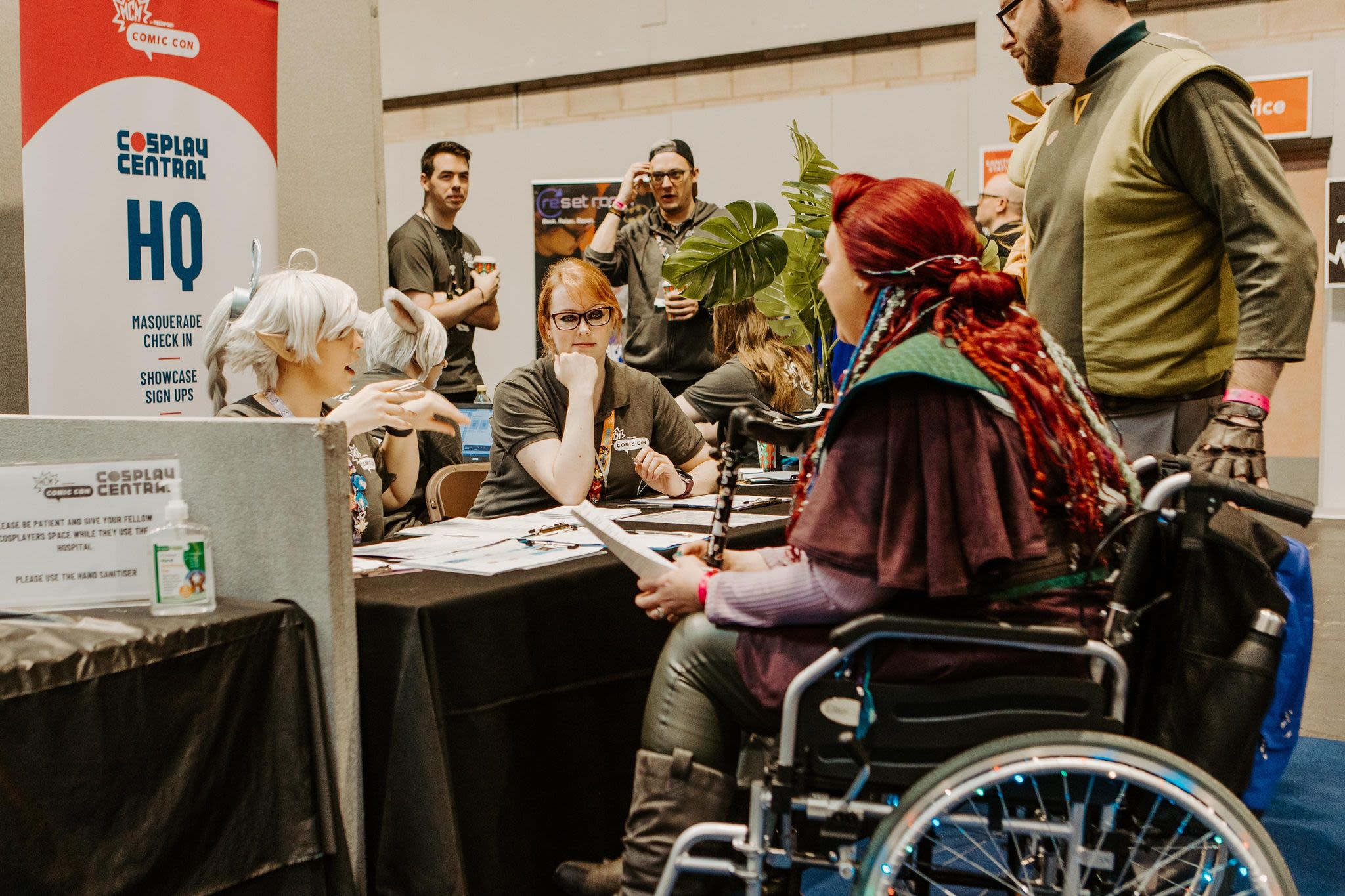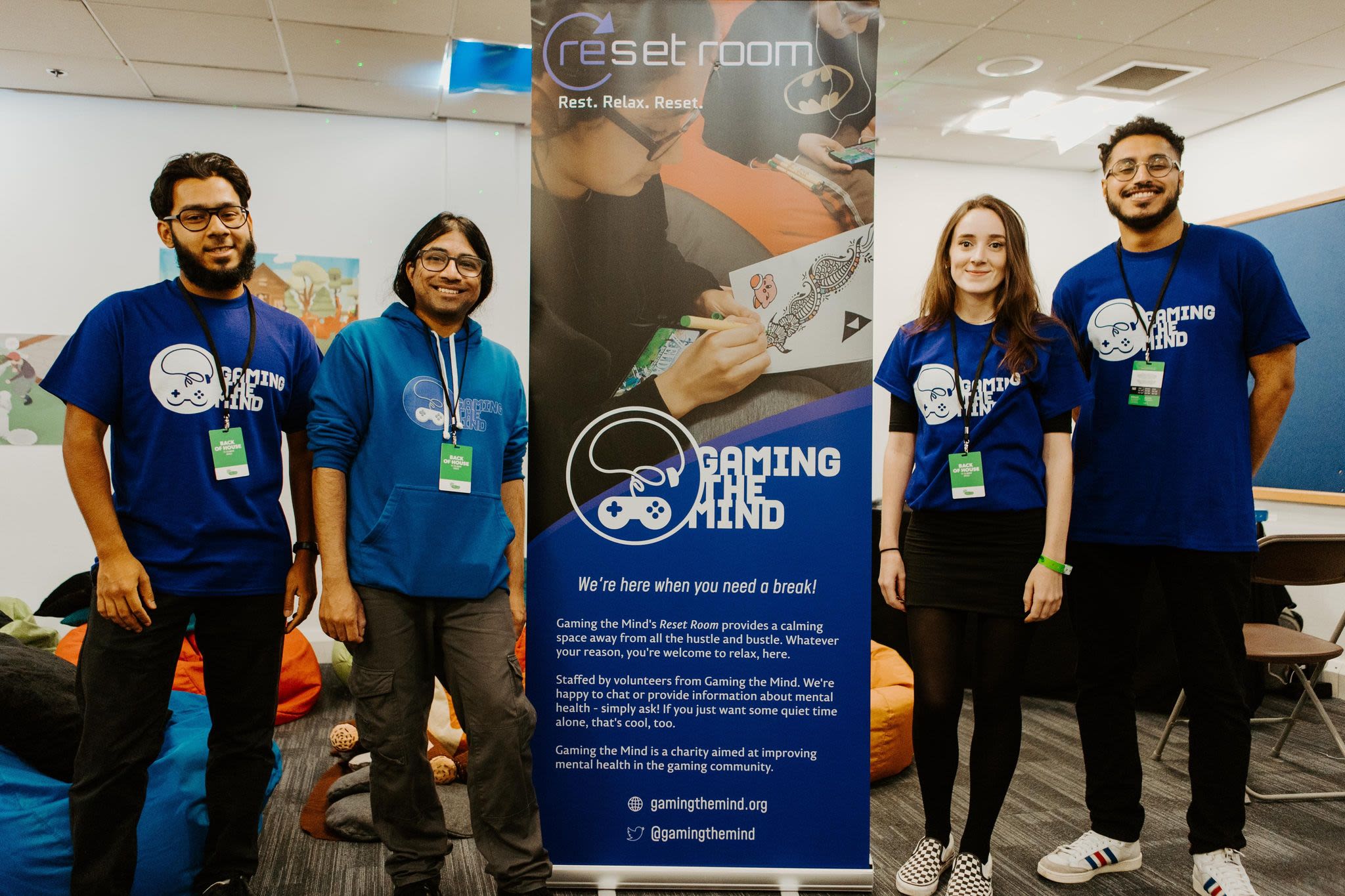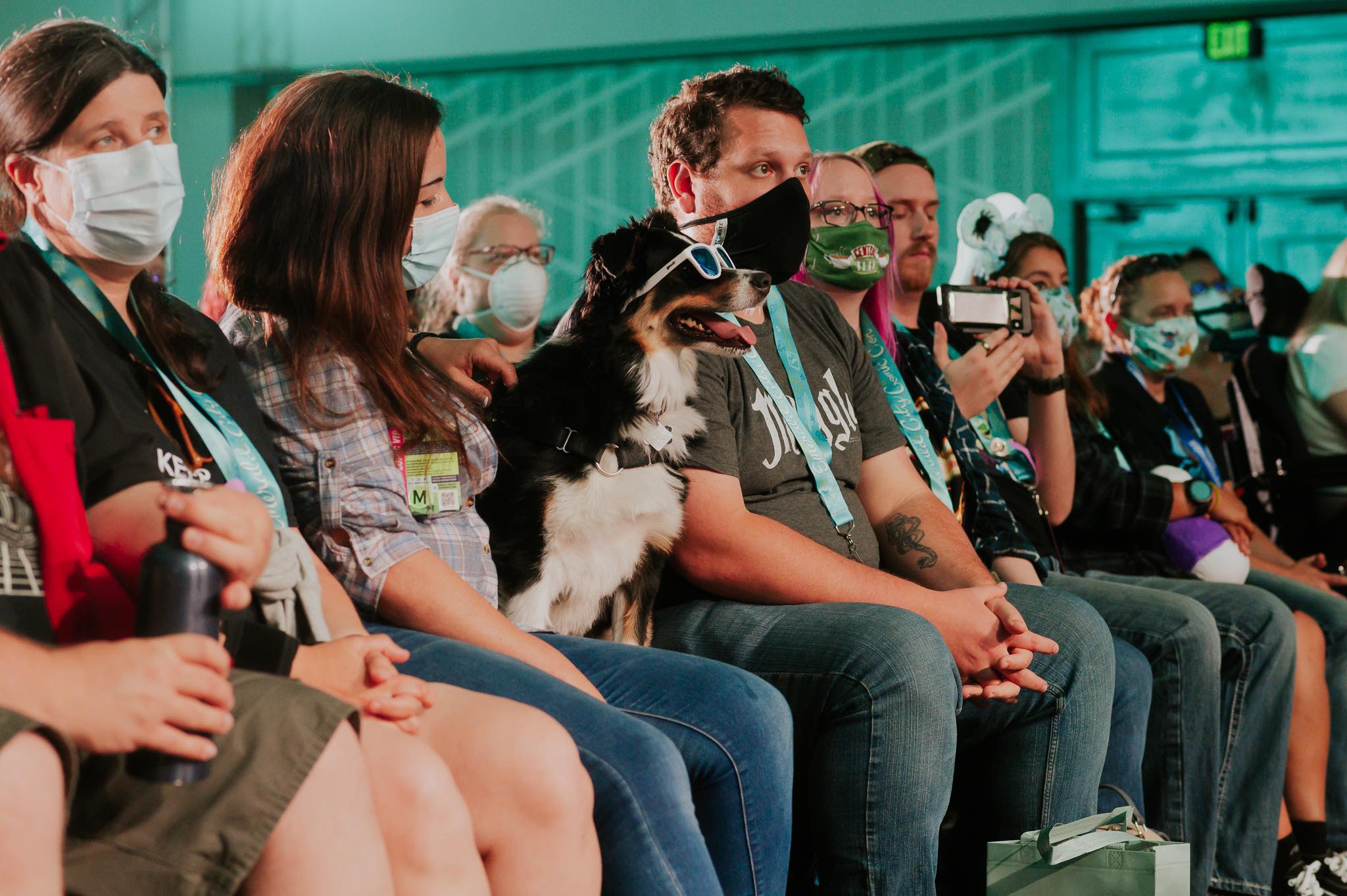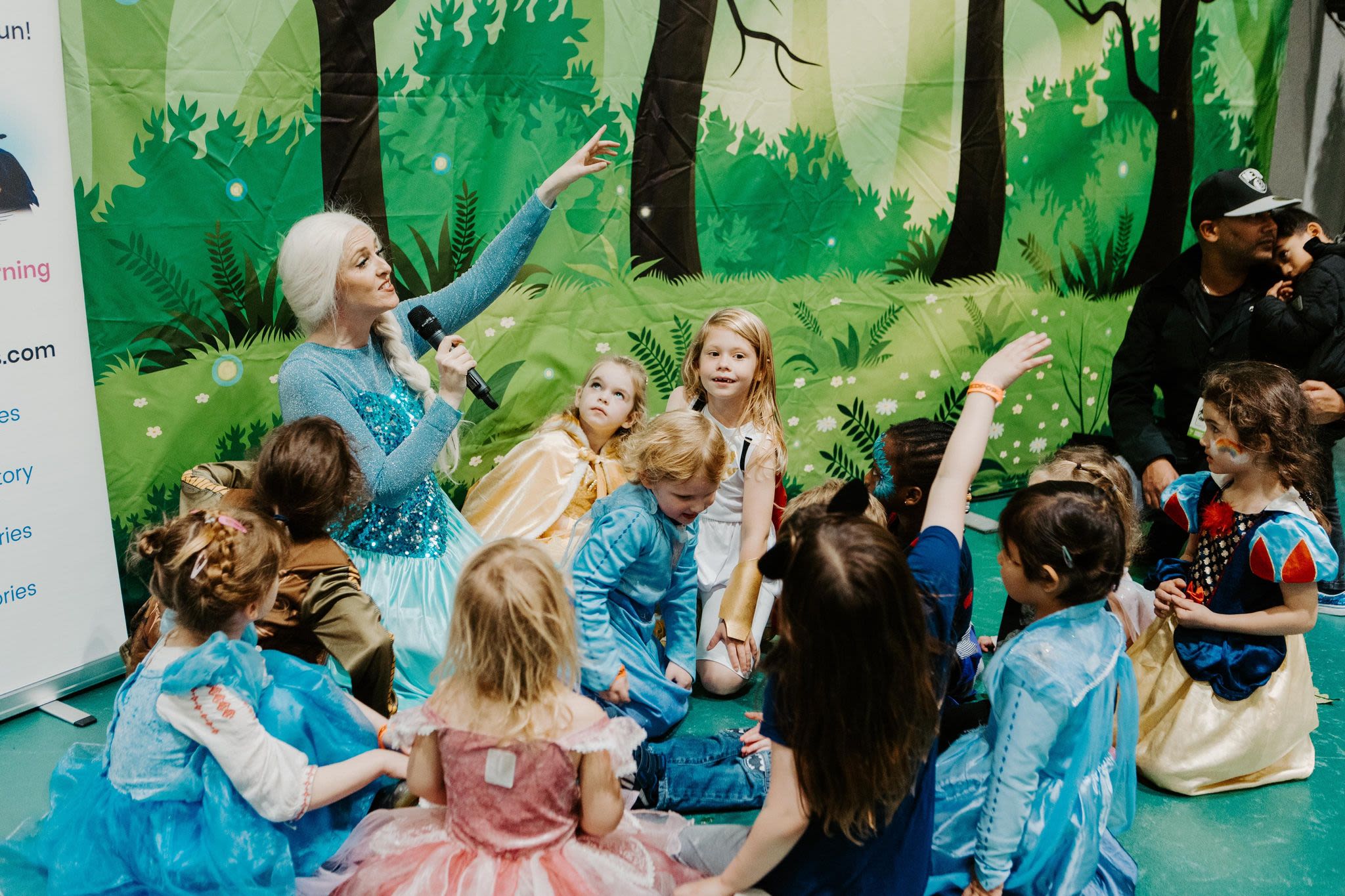Making space for mental health and wellness at RX

Attending trade shows and pop conventions can be energising and immersive experiences; but they can also take it out of you! We take a look at how RX events are providing health and wellness features to improve the attendee experience, and using their industry platforms to spread the word about the importance of wellness and wider health issues.
A thriving industry
As the world's leading platform for the fitness, wellness, and health industry, RX Germany’s FIBO is all about showing how we can live healthier lives. With the global wellness market set to grow from $5.6 trillion today to $8.5 trillion by 2027, wellness has never been more of a priority—a fact reflected in a big way at FIBO 2024.
FIBO’s Meeting Point Spa and Wellness was a key hub for innovation, featuring a networking lounge, a packed four-day lecture program, and themed wellness days. It was surrounded by exhibitors catering to the hotel, wellness, and spa industries, like Gharieni Group, Starpool, RoboSculpture, Klafs, and InnoZen, all showcasing their latest products and innovations.
Wellness is all about finding balance—not just physically, but mentally, emotionally, and socially. That’s why FIBO 2024 went beyond fitness and health to include beauty and lifestyle topics too, with workshops on hair and skincare and talks from influencers and experts on mental health, nutrition, fitness during pregnancy, balancing work and sport, and more.
After an action-packed 2024 event, attended by 129,600 health, fitness and wellness professionals and enthusiasts, FIBO returns to Cologne from 10-13 April 2025. And in October 2025, the team are excited to take the FIBO brand and spirit to Saudi Arabia, one of the world’s fastest growing health, fitness and wellness markets. FIBO Saudi takes place for the first time in Riyadh from 1-3 October 2025.
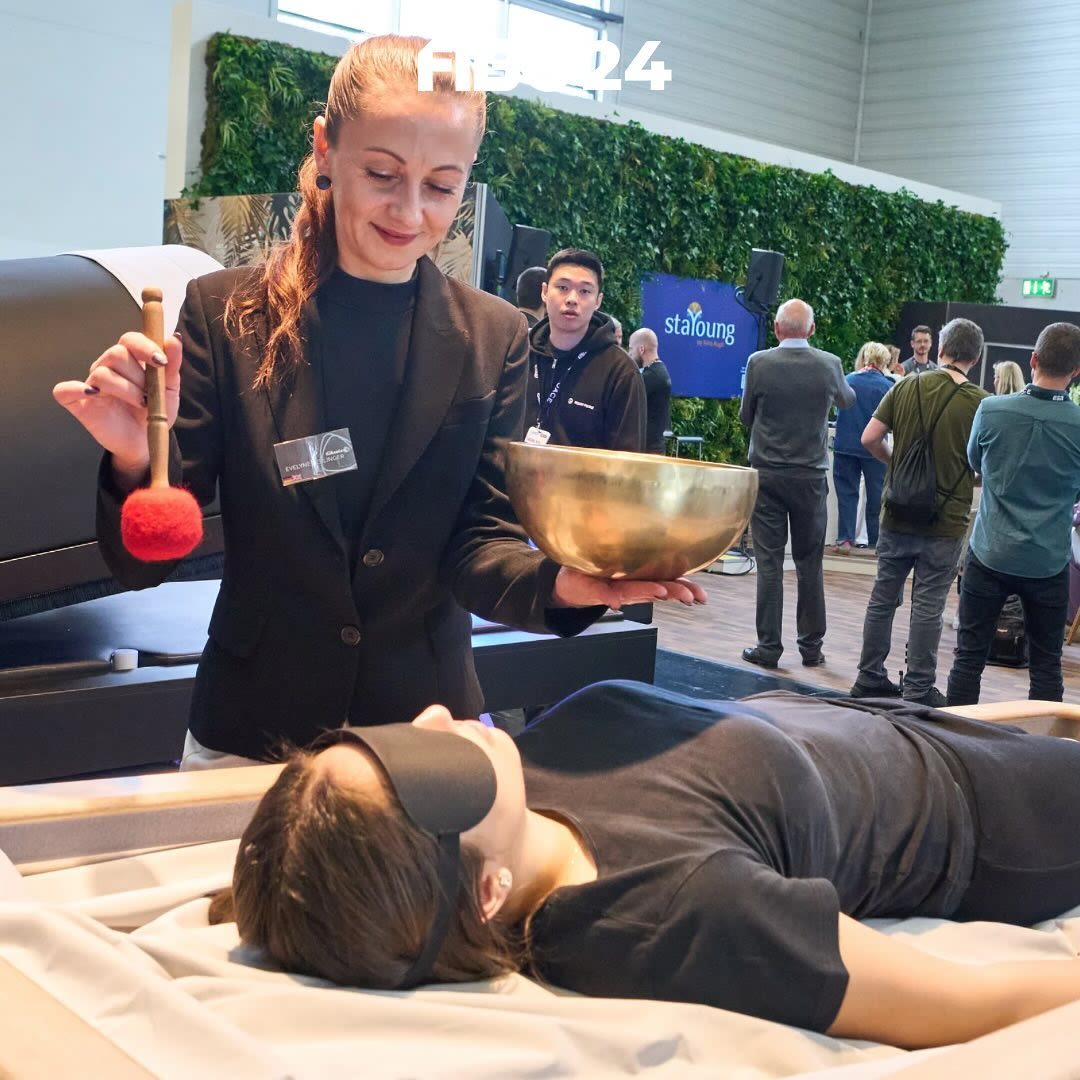
Free skin-cancer checks
In bringing industry communities together, trade shows have the power to influence and even change lives.
Higher temperatures caused by climate change have become an increasing risk factor for skin cancer in Australia. While brain-storming a suitable gift for the All Energy Australia 2023 visitor bag, Senior Marketing Manager Holly Tankard came up with the idea that by offering a free skin cancer check to interested event attendees, we could create more meaningful year-round value and potentially lifesaving knowledge.
Every session was booked out in advance for 2023 and completed by Skin Smart Australia and their qualified dermatologists. Of those, 56% of the participants had never had a skin check; 69% were found to be at high risk of developing skin cancer; and 17% were recommended to seek further investigation, six showing signs of melanoma.
“Regular skin cancer checks are very important to have but especially for those working predominantly outside,” commented Holly. “It was surprising that even among our All Energy audience, over half had never had a skin check. By delivering the initiative at the event and promoting it across our social media accounts (“I got my skin checked at #AllEnergyAU”) we are pleased to have raised awareness of this increasing health threat."
"It's invaluable for our exhibitors to align themselves by sponsoring strategic initiatives such as this,” added Holly. “We are grateful to be able to create these opportunities, not just for our visitor attendees but the businesses at the show too. We look forward to creating more activations like this in 2024 and beyond."
The team has increased the amount of skin cancer check appointments at All Energy Australia 2024 (23-24 October 2024) by 33% in response to the higher than expected demand experienced in 2023.
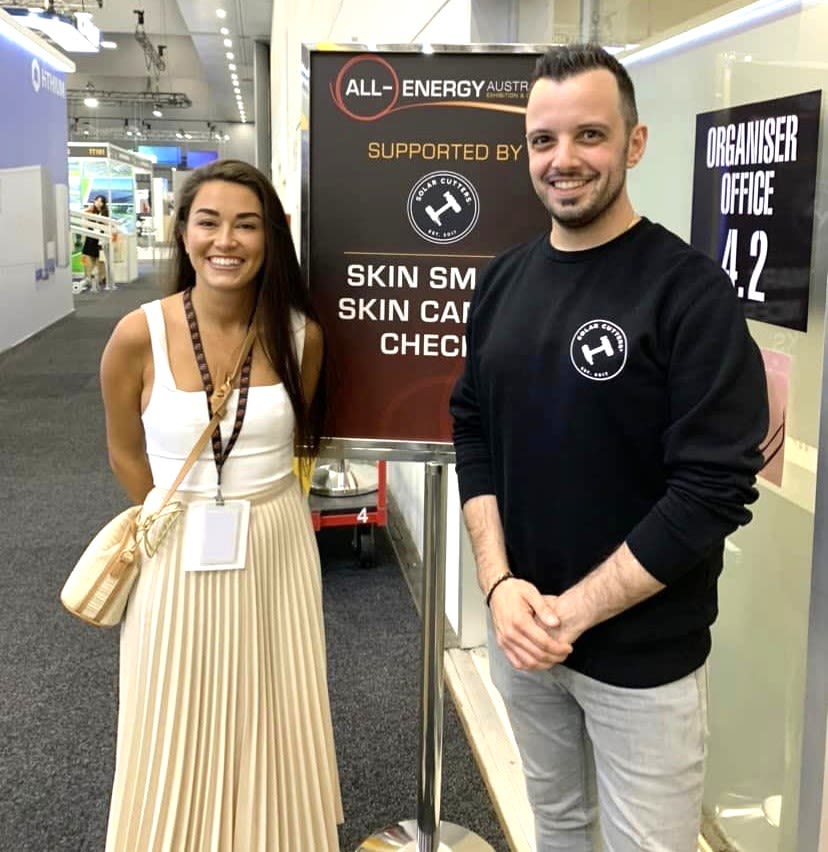
Steps to Wellness Challenge
As well as providing wellness features at our events, health and wellbeing is a growing focus for branded exhibitor activations.
A leading US supplier of smart electronic access solutions, SALTO WECOSYSTEM encourages all its employees to engage in a healthy lifestyle. Through its Free2Move.org social initiative it also plays an active role in supporting adaptive sports programmes and Paralympic athletes.
The company is a regular exhibitor at ISC West in Las Vegas; and when it wanted to use the 2024 event to engage ISC West attendees with its newly launched SALTO WECOSYSTEM brand, Account Executive Catherine Garvey and her fellow ISC team members created the perfect custom activation – the SALTO WECOSYSTEM ‘Steps to Wellness Challenge’.
“Like most activations, it was designed to be engaging and fun, while also generating leads and positioning SALTO WECOSYSTEM as a leader in the health and wellness space,” explained Catherine.
Participants were encouraged to sign up for the challenge, then log their daily steps at ISC West on their smart watches and phones for a chance to win a range of prizes, including a Meta Quest 3 VR headset, a yoga master set, or a $250 charitable donation.
A SALTO WECOSYSTEM-branded Wellness HQ was located at the front of the event where attendees could register, and a prominent leader board was constantly updated so participants could keep an eye on who was in front and where they ranked. The activation package also included a custom ‘Steps to Wellness Challenge’ website; a Lead Booster promotion; an awareness campaign on the ISC West website and social media channels; and SALTO WECOYSTEM branded water coolers within the conference area and ISC Executives Club.
SALTO WECOSYSTEM generated 744 leads from the Steps to Wellness Challenge, representing 45% of the total leads they secured at the event. One participant visited SALTO WECOSYSTEM’s booth after registering for the Challenge to thank the company for the activation, revealed Catherine: “Having recently suffered a stroke he said that he was making an effort to “keep moving” and the Challenge helped him stay on track and remain true to his goals during his business trip.”
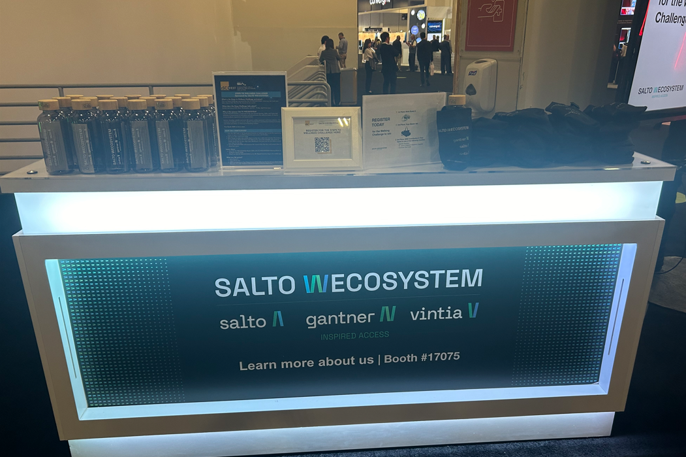
Puppy Love
Market-leading international jewelry events, JCK Las Vegas and Luxury supported wellness in variety of fun and innovative ways this year – some subtle, some purposeful – all beneficial to the attendee experience.
As with previous years, JCK tied a theme to the show – something that can be seen throughout the events, activations, and marketing. This year’s theme was LOVE – and self-love was included.
On the show floor, attendees could spend time with newborn puppies in the Puppy Love Lounge. Aside from being a huge draw (who doesn’t love an adorable puppy?) it was also a relaxation moment – giving people a few minutes to spend away from crowds and wayfinding.
Another wellness activation at JCK was featured in The Plumb Club pavilion on the show floor – longtime partner of the show. Within their pavilion was an oxygen bar – known to increase energy levels, improve mood and concentration, and reduce stress. Next to the oxygen bar, attendees could get a massage before heading back out to the show floor.
Luxury featured a lounge open exclusively to Luxury retailers – the Retailer Relaxation Lounge. The area featured immersive and relaxing sound baths, foot massages, infused water and an overall quiet area for attendees to relax, recharge, and take a breath away from the busy show floor.

Rest, relax, reset
ReedPop is the largest producer of pop culture events in the world, including New York Comic Con, PAX East, MCM Comic Con, Star Wars Celebration, and many more.
Celebrating comics, anime, movies, TV and gaming, our conventions offer fans a unique opportunity to see and meet their celebrity superheroes, comic creators, authors and gaming stars, show off their epic cosplay costumes and buy exclusive merchandise. But we understand that what makes our events so magical can also make them overwhelming at times.
That’s why every ReedPop convention features a ‘quiet room’, or ‘reset room’ where anyone feeling anxious or over stimulated, or simply needing time out, can escape from the crowds and noise.
At the recent MCM Comic Con in London, The Reset Room was staffed by the team from “Gaming The Mind”, a charity run by mental health experts combining healthcare expertise with a passion for video games and geek culture. Gaming the Mind’s team were on hand throughout the three-day event to have a chat and provide noise cancelling headphones and low-fi activities to help guests unwind.
MCM Comic Con also produced a show guide for anxious attendees on how to plan for and manage on the day. In addition to the Reset Room, it highlighted some less hectic spots to catch a break on the show floor, including the Console Gaming Library, and the Manga Drawing Drop-In Station.
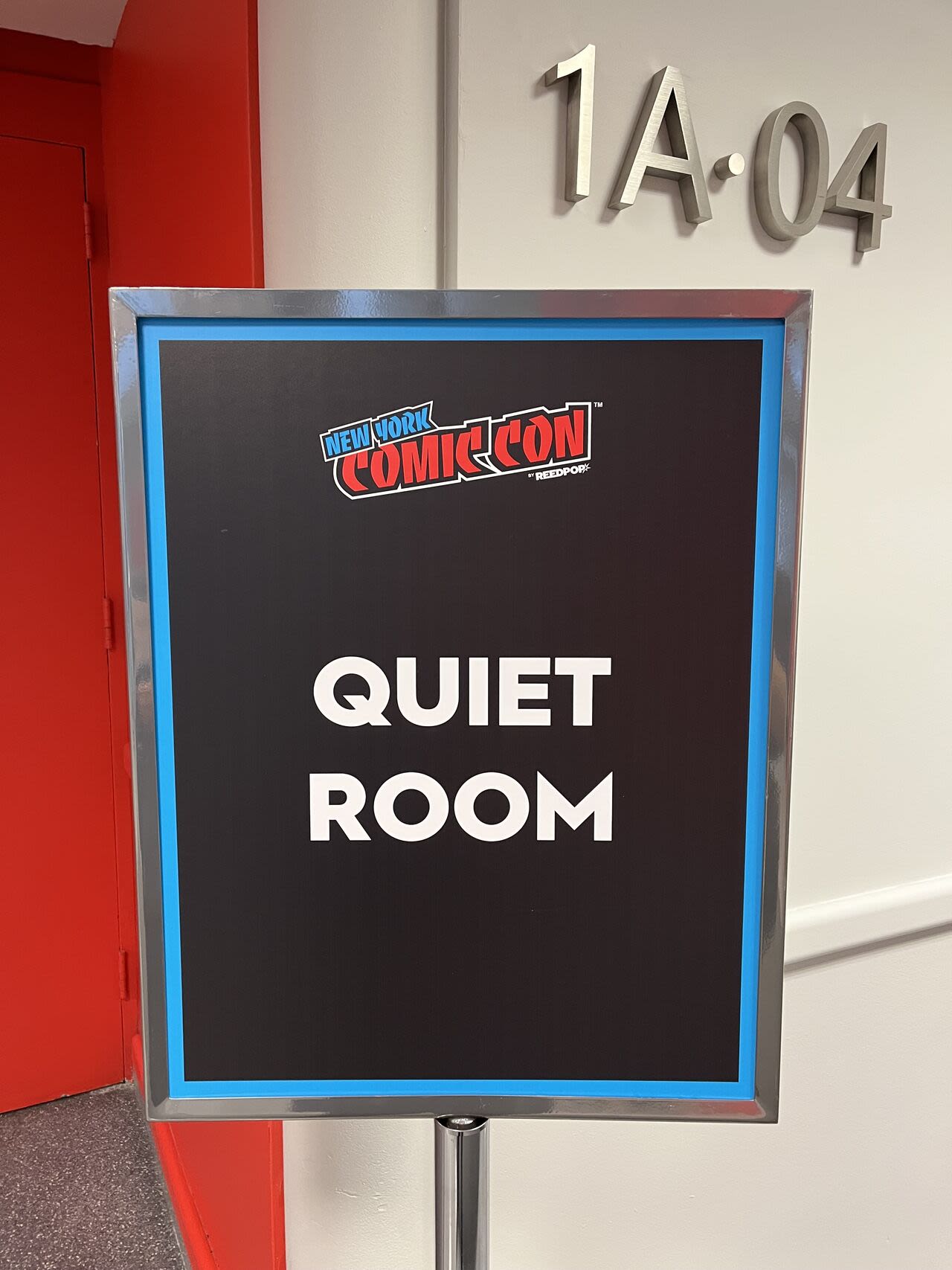
Mental health support at RX

At RX, we're passionate about mental health wellness and empowering our employees. That's why we train Mental Health First Aiders to be the go-to support for colleagues facing mental health challenges or emotional distress. Discover more about this impactful initiative and hear from RXers about the incredible benefits it offers.
In February 2023, 12 UK colleagues came together for two days in Richmond to talk about mental health. They were the latest group of RXers to sign up for Mental Health First Aider training – which gives our people the tools and confidence they need to recognise the signs and symptoms of common mental health issues amongst their colleagues and guide them to the right support.
According to the World Health Organisation’s (WHO) latest World Mental Health Report, rates of already-common conditions such as depression and anxiety went up by more than 25% in the first year of the pandemic, adding to the nearly one billion people who were already living with a mental disorder. Deloitte’s 2022 report on mental health estimated that mental ill-health costs UK businesses £56 billion per year, with the proportion of absences attributable to mental health conditions rising to 16% in 2020.
MHFA England is a social enterprise dedicated to raising awareness of mental health in the workplace and training people in mental health first aid. A recent survey of over 2,000 UK managers conducted by MHFA England found a third (33%) of managers were out of their depth supporting their team with mental health concerns.
RX’s sister company LexisNexis first began working with MHFA England back in 2018. “Whilst there have been huge steps forward to improve mental health support and create a more open dialogue we still tend to place less importance on our mental health in comparison with our physical health. This means that people may not know how to support a friend, family member or colleague experiencing a mental health issue, or where to go for support with their own mental health,” said Kendall Turner Lennon, Wellbeing Leader, and HR Business Partner. Kendall led the initial MHFA pilots in the UK and is now working to share learnings and resources with RX and the wider LN and RX organisations around the world through our Thrive Wellbeing Programme.
“We hope that by embedding mental health training and awareness within our organisation we will encourage our people to talk more freely about mental health, reduce the stigma and create an engaging and supportive culture where RX is a great place to work,” added Kendall.

RX champions for mental health

Among the 12 newly trained Mental Health First Aiders in RX UK is Cara Annett, Security Awareness and Culture Director. Reflecting on her decision to undertake the MHFA training Cara said: “I became a Mental Health First Aider because I want to help bring an end to the stigma people feel about mental health challenges. I have seen friends and family suffer with anxiety, depression, PTSD, and suicide bereavement, and be impacted by those close to them experiencing self-harm, and anorexia. Most people adapt and recover, but it’s clear that being able to share challenges openly, feel supported and know that others empathise makes a massive difference.”
Cara works in security, where the constant threat of cyber-attack can make employees vulnerable to burnout and stress. “My manager, Des Massicott, prioritises wellbeing in the team and so I am really keen we spread that to all our colleagues. Openness about mental health challenges and supporting employee wellbeing is good business strategy. It signals a well-run organisation, acknowledging that the success of our business and our customers depends on employees thriving. This is one of the major reasons I’m so happy to have a career in RELX spanning almost two decades!”
When Corporate Communications Manager Sarah Kitley-Spencer saw the opportunity to become an RX Mental Health First Aider, she had just come back from leave after her mum had passed away and her grandmother shortly before.
“I have been very fortunate in my life to be around some amazing people who had given me support, time, and a listening ear when I needed it. I was keen to pass on those skills, and to learn how to do it properly and professionally through the MHFA course,” she explained.
As a communicator and brand ambassador for RX, Sarah is keen to ensure that mental health support is well promoted and highlighted within our organisation. “I think it’s amazing that RX is committed to ensuring that everyone in our workplace always has someone compassionate, helpful, and qualified, to turn to at difficult times,” she said.
“In the live events business, where we are faced with a seemingly never ending ‘to do’ list, we tend to file our problems away and not want to bother anyone. My role as a Mental Health First Aider is to take time to talk, check in with colleagues, and offer help where needed and wanted. RX are not glossing over mental health – they see it as important as a person seeking treatment for a broken bone – that’s exactly the attitude we need today!”
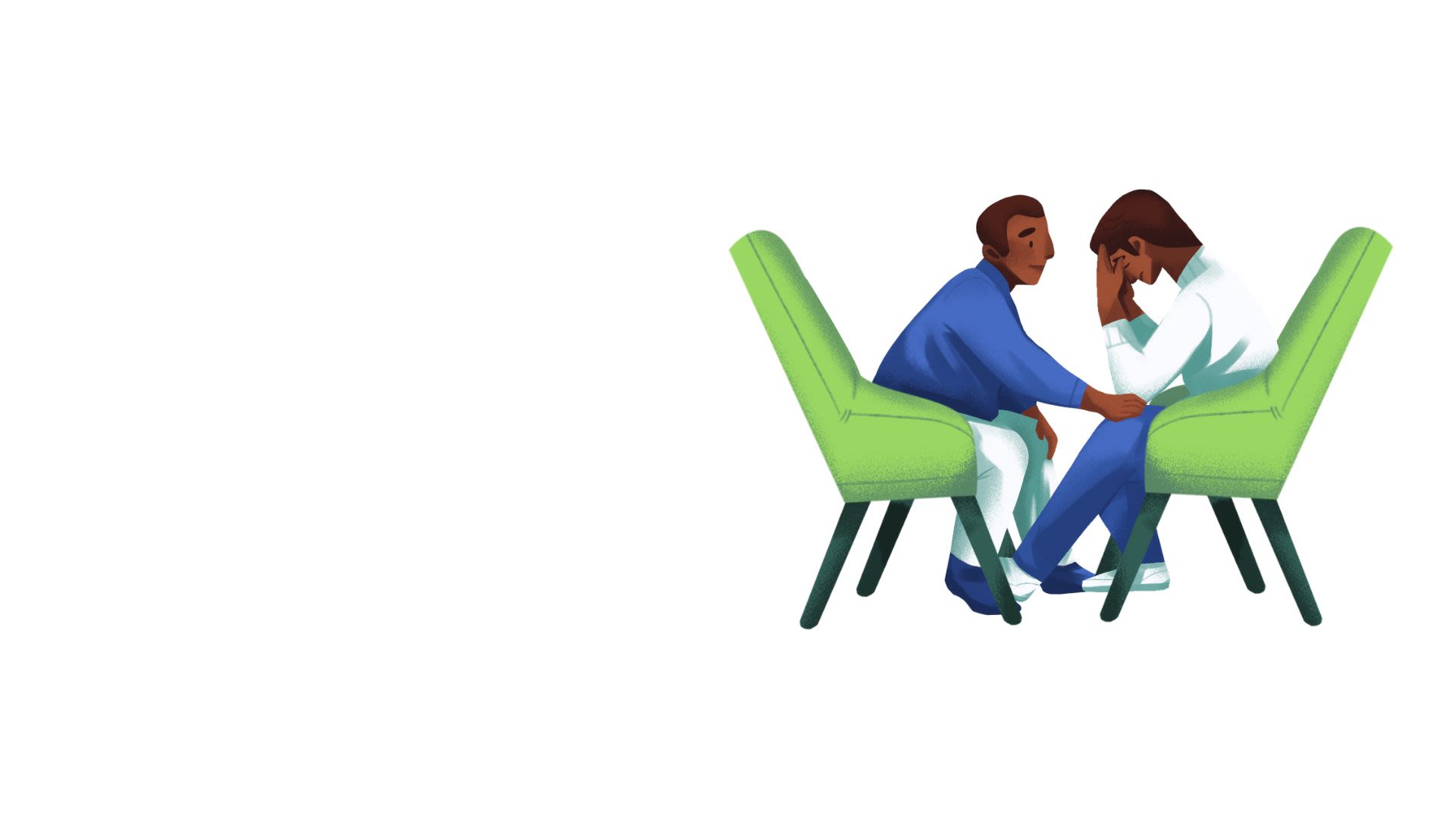
Signposting further support
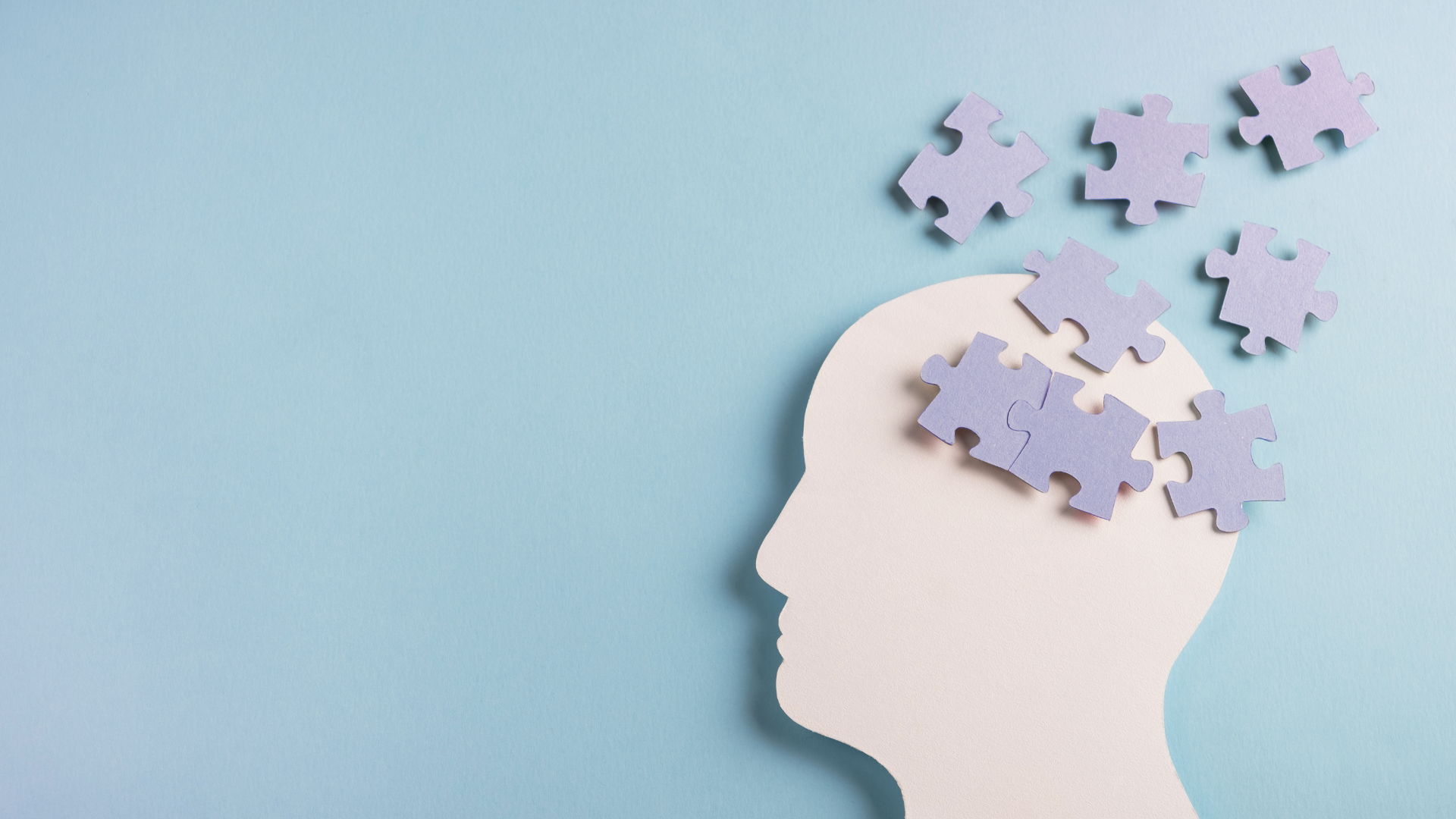
As well as providing early intervention and crisis, the MHFA’s point RXers to a wider range of resources that can help them to become more resilient, and to recharge their mind at work and in life.
For example, RELX’s Employee Assistance Programme (EAP) supports all RX employees in managing work and personal challenges. The programme provides employees with professional counselling to help with a range of topics including relationships, financial and legal matters, emotional support for challenging situations and medical concerns. The helpline is strictly confidential and is available 24 hours a day, 365 days a year.
As part of RELX’s goal to create a healthy and happy culture, RX employees also have free access to Headspace a global leader in mindfulness and meditation, offering resources such as storytelling, breathing exercises, and guided meditations on everything from stress to sleep, via a handy app.
In addition, we have partnered with LexisNexis on the Thrive Wellbeing Programme which enables all of our employees globally to access the Thrive WellbeingHUB. It has a wide range of resources and webinars to engerise your body, recharge your mind, shape your finances and connect with your community, and aims to encourage us all to nurture our wellbeing.
“Being an event and exhibitions business, relationships and connections are critical to what we do here at RX,” said RX UK’s Human Resources Director, Kevin O’Donoghue.
“How we build relationships is how we succeed and having authentic relationships with each other is key. Placing mental health at the centre of our wellbeing programme at RX has allowed us to begin to break the stigma associated with mental health and enable people to access the support they need and have open dialogue with their colleagues.”
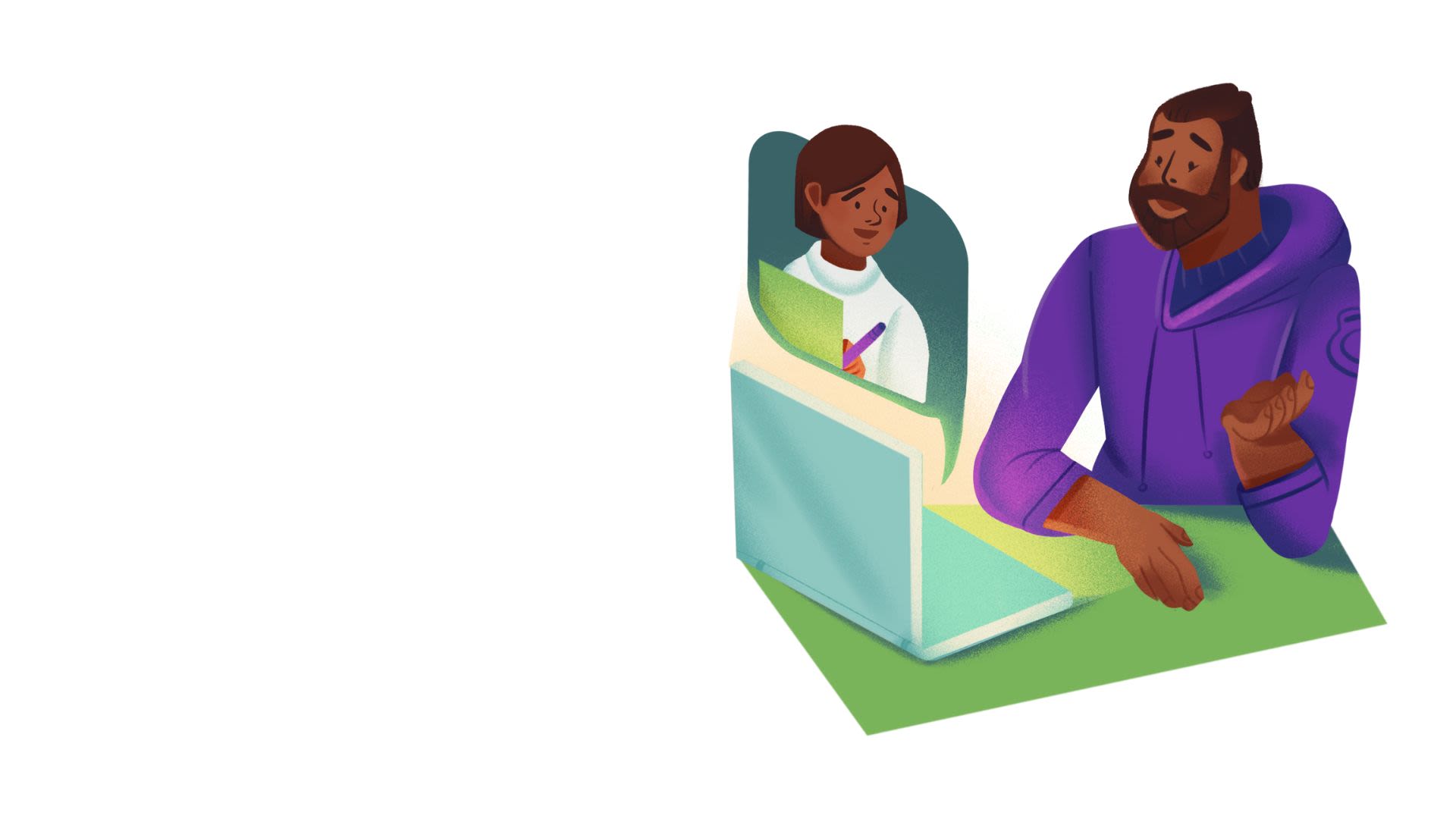
Meet our Mental Health First Aiders
Mental Health First Aider training gives our people the tools and confidence they need to recognise the signs and symptoms of common mental health issues amongst their colleagues and guide them to the right support. Seven RX Mental Health First Aiders tell us why they signed up, and what it means to them.
Maria Tilev, Press & PR Executive
I’ve always had a fascination with people. Over the years, and while helping myself through my own personal trauma and struggles, I became interested in studying human behaviour academically. I hold a CPCAB recognised level 3 counselling and psychotherapy qualification, which means I work within the BACP ethical framework and the rigorous standards that exists to protect the person I am helping.
Continuously working at depth on myself and my mental health has had such a positive impact on my well-being, life, and relationships in general, that I’ve become an advocate for it. I am still on the journey, gradually learning more about myself, picking up life experience - as well as further therapeutic qualifications along the way.
I decided to volunteer as an RX mental health first aider to be available to support those who might like to unpack anything that’s going on in their life. I can offer a secure, fully confidential, and non-judgmental space, where things can be discussed safely.
We are all used to working to maintain our physical bodies through exercise and healthy eating - so why not look after our mental health in the same way by regularly checking in with ourselves and sounding out our thoughts and feelings with someone we can trust?
John Cooper, Head of Digital Product Propositions
Mental Health can be a difficult topic to talk about for men of all ages, whether we’re struggling in our home life or our work life. I wanted to become a Mental Health First Aider to help break the cycle of pain for any that are men suffering in silence and offer an empathetic approach. I’ve been lucky enough to have quite a long corporate life, and these days I’m a dad to a young son who has some special educational needs (SEN). I understand that it’s very easy to get overwhelmed by everything we need to achieve at home and in work. I hope my colleagues will feel able to reach out if they need help – sometimes we all need to a take step back and find our balance again.
Cara Annett, Security Awareness and Culture Director
I became a Mental Health First Aider because I want to help end the stigma people feel about mental health challenges. Anyone can have a mental health issue, and cases exploded during the pandemic. I have seen friends and family suffer with anxiety, depression, PTSD, and suicide bereavement, and be impacted by those close to them experiencing self-harm, and anorexia. Most people adapt and recover, but it’s clear that being able to share challenges openly, feel supported and know that others empathise makes a massive difference.
Historically, Technology teams are the not the ones you might expect to talk openly about the emotional world! However, especially in Security, the constant threat of cyber-attack can make employees vulnerable to burnout and stress. My manager, Des Massicott, prioritises wellbeing in the team and so I am really keen we spread that to all our colleagues.
Openness about mental health challenges and supporting employee wellbeing is good business strategy. It signals a well-run organisation, acknowledging the success of the business and its customers depends on employees thriving. This is one of the major reasons I’m so happy to have a career in RELX spanning almost two decades!
Megan Williams, Global Head of Digital Product Propositions
I strongly believe that mental health is as important as physical health, yet often we don't prioritise our mental health or seek out help (I am guilty of this too). Talking about mental health isn't easy, but a conversation has the power to change lives. The Mental Health First Aid course teaches you to listen, reassure and respond even in a crisis - and even potentially stop a crisis from happening. You learn to recognise the warning signs of mental ill health and develop the skills and confidence to approach and support someone while keeping yourself safe. Raising awareness and having mental health first aiders in your business can make a significant difference to your employee's health and wellbeing.
Emma Dengate, Global Health and Safety Manager
Being a Mental Health First Aider is important to me and I hope to be a good advocate for normalising mental health discussions and supporting anyone who needs help.
I have had experience of postal depression and continued health anxiety around my son. I have been very lucky to have access to CBT (Cognitive Behaviour Therapy) which I’ve found has helped. Everyone has mental health and there is absolutely no shame in reaching out for support if you need it.
“What’s the bravest thing you've ever said?” asked the boy. “Help” said the horse”. Charlie Mackesy
Muhammad Khan, Event Executive
With the world affected by inflation, economic crisis and inequalities, it is imperative to talk about mental health in 2023. I want to be a listener and to help my fellow colleagues in their time of distress. I strongly believe that listening without judgements and providing a safe space for someone to talk can save lives, and that is why I have decided to join this role. More people die due to suicide in the UK than road accidents.
Sarah Kitley-Spencer, Corporate Communications Manager
When I volunteered for the opportunity to become an RX Mental Health First Aider, I had just come back from leave after my mum had passed away and my grandmother shortly before. While losing them was hard, the amazing support I received from those around me became a catalyst for me to learn more about how to listen to and help others. Enrolling on the MHFA course has enabled me to do so properly and professionally, and to use my skills in the workplace.
We are all reluctant to talk about our personal problems; we all do a good job of ignoring them, but talking about something that is bothering us can also be empowering. It can sometimes open a door you didn’t know existed.
In our industry, we get things done, we put on events, and we have a never ending ‘to do’ list. We therefore tend to file away our problems and not want to bother anyone. Our roles as Mental Health First Aiders is to take time to talk, check in and help where needed and wanted.
Alongside the dedicated support of our Mental Health First Aiders, RX’s Employee Assistance Programs (EAP) offers RXers and their families expert guidance and specialist support on any kind of issue – from everyday matters to more serious wellbeing problems. EAP support helpline is available in complete confidence, 24 hours a day, 365 days a year and includes counselling for emotional and psychological support; practical guidance and support on legal, financial, family, and work matters; and online health and wellbeing resources.

What mental health means to me
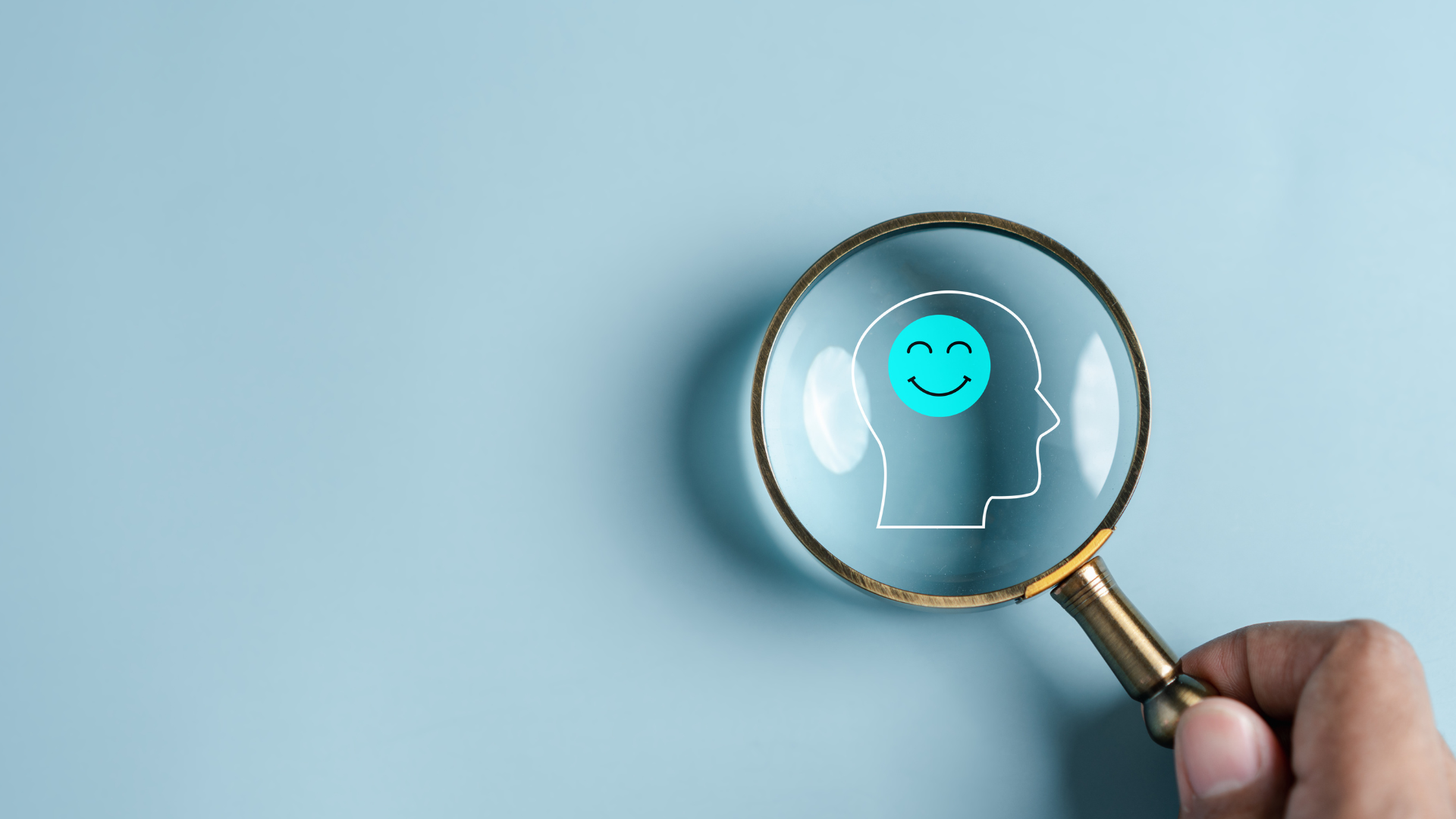
Mental health is just like physical health: we need to take care of it. We asked eight RXers from around the world to tell us what mental health means to them, and why it is important in their personal and professional lives.
Muhammad Shahzaib Khan, Event Executive, UK
Healthcare plays a crucial role for any person to thrive in their daily life but looking at one aspect of it and stigmatizing the other leaves a hole inside us. Growing up in a culture where mental illness is still a taboo, I wanted to break the barriers and help people around me open up about their emotions. There is negativity in many places and relationships but learning to maintain boundaries is something we all need to understand. Being a man, I have always received messages such as not to show my tears or the part of me that is soft and kind to anyone. It takes a long time to unlearn those lifelong messages but with the support of my partner at home, I want to create an environment where it is safe for my friends and family to open up to me. I also look for the same opportunities at my workplace which give me the motivation to share my growth and failures with my colleagues.
Sanja Golubovic, Marketing Automation Manager, Germany
The pandemic showed me how important it is to take care of your mental health, both professionally and privately. I can say from experience that it can be very difficult to deal with this and to establish the turning point to be able to work on finding yourself again and to learn to love yourself again. This path is highly individual! My biggest helpers have been spiritual practices, such as meditation, but also open communication. What I would like to pass on to colleagues is: take the time you need and share. Communication and interaction with family, friends or colleagues at work can do incredible things. The basic prerequisite is to create a safe space, be it a familiar environment and close circle of people, or even a psychologically safe workplace with trained (management) staff. Together, the path to positive mental health is paved and the mind is freed from burdens.
Masake Hatabe, Manager, International Sales, Japan
Being mindful about mental health is of paramount importance to me both at home and in the workplace. I believe mental health promotes healthy relationships and productivity. Six years ago, I was not in good mental health due to heavy drinking which increased my stress and anxiety. Following my decision to quit drinking my day-to-day health improved and my performance at work stabilized. I have been entrusted with more and more important projects and I feel that I am contributing to the development of the industry through exhibitions. In addition, my second daughter was born last year, and my family of four enjoys a life of constant smiles. I believe that mindfulness leads to personal fulfillment and success, which in turn contributes to the family, the team, the exhibition business, and ultimately, society.
Fallon Prinzivalli, Marketing Director, USA
It's important to me to prioritize my mental health to care for myself and better support my team. When my mental health is at its best, so are my work performance and personal and professional relationships. I prioritize this by taking my annual leave. I force myself to plan ahead, block off my calendar, and even extend work trips for fun. Not only does it allow me to have days where I disconnect – either to explore a new city that feeds my soul or to rest and rejuvenate after standing in a convention center hall for four days straight – but planning them means both myself and my team are set up for success in my absence. I can leave and return to my inbox stress-free. When we’re in crunch time for an event, I tend to get stressed by looming deadlines. I now read for 30 minutes to an hour before work. It’s a hobby I love, but it also helps clear my head and bring down my stress levels so I’m able to perform better during the hours I’m online.
Jake Lowe, Key Account Manager, UK
When I’m not being a key account manager for our Real Estate Division, I’m the frontman in a band called The Point (shameless plug intended). One of the least enjoyable jobs you must do as an unsigned band (I think of it as the equivalent of cold calling) is submitting your music to Spotify playlists for potential featuring. Whilst you rarely get any playlist placements, what you do get is unsolicited feedback! I previously thought I wasn’t half bad at taking criticism, but I’ve now realised I need to allow myself some time and space to process personal feedback as it often negatively affects my headspace. The good news is that after I’ve processed it, I can often laugh at it.
If I’m being a realist, I’d say it’s not always possible to have great (or even good) mental health every day. We’re not perfect, and the world we live and work in certainly isn’t! What I’ve learnt is that being aware of things I find challenging, and knowing why they negatively affect my mental health, has always been the first step in improving it. If we can extend our knowledge and understanding of what might be difficult and challenging for not just ourselves but those around us too, we’ll only be better co-workers, partners, and frontmen!
Carol Tang, HR Manager, China
Mental health is like an invisible guide that helps us to make decisions and choose how we react to everything that happens in work and life, such as coping with stress and maintaining a positive mind. The initial step is to raise self-awareness and pay attention to our thoughts and mind. It’s like the sunshine, water, and fresh air, which are natural and essential to our body, but it’s a kind of self-nurtured magical power only mastered by ourselves. Maintaining mental health can lead us to success in both work and life since it helps us to build relationships and stay resilient and passionate.
Aurélie Daugé, Campaign Manager, France
Mental health allows us to move forward and face the different stages of life at both a personal and professional level. Our physical well-being also depends on our mental health. In a society which minimizes and stigmatizes mental disorders, we must all train ourselves to look out for each other’s mental health. At RX France, I was able to follow a two-day training in First Aid in Mental Health. It trains first responders to better identify mental health disorders, adopt appropriate behaviours, inform colleagues about available resources, encourage access to appropriate professionals and, in case of a crisis, to act to relay to the most appropriate service. A mental health first aid attendant will often have to intervene several times to listen, reassure and accompany the person concerned to care. But whatever our role or profession, we can all play a part in educating people on mental health and changing perceptions on this critical subject.
Chisato Miyawaki, Senior Manager, Japan
‘Fortune comes in by a merry gate’ is my favourite, Japanese proverb. It means that laughter and smiles are the keys to happiness. I love this proverb because I believe smiles have a very strong power. Seeing my family and team members smile is very important, as this is how I can tell if they are mentally healthy. Even if you're facing a tough situation and it seems like it's the end of the world, try a smile and you will realise that the situation is not so bad after all. A smiling team is mentally healthy. A smiling team is strong and successful. And smiles are contagious – they can make others smile too.

Magic for All: Making RX and our events more accessible
To view content as a text only PDF click here

People living with disability make up the world’s largest minority group (WHO).
To mark International Day of Persons with Disabilities we reveal how RX is working to make our organisation, and our events, more welcoming, accessible and magical for all.
International Day of People with Disabilities logo
International Day of People with Disabilities logo
One in seven people live with some form of disability, according to the World Health Organisation, equating to over 1 billion people worldwide (WHO). Of that 1 billion, an estimated 386 million are of working age, so the chances are that any one of us is working with colleagues, peers or managers who have some form of disability.
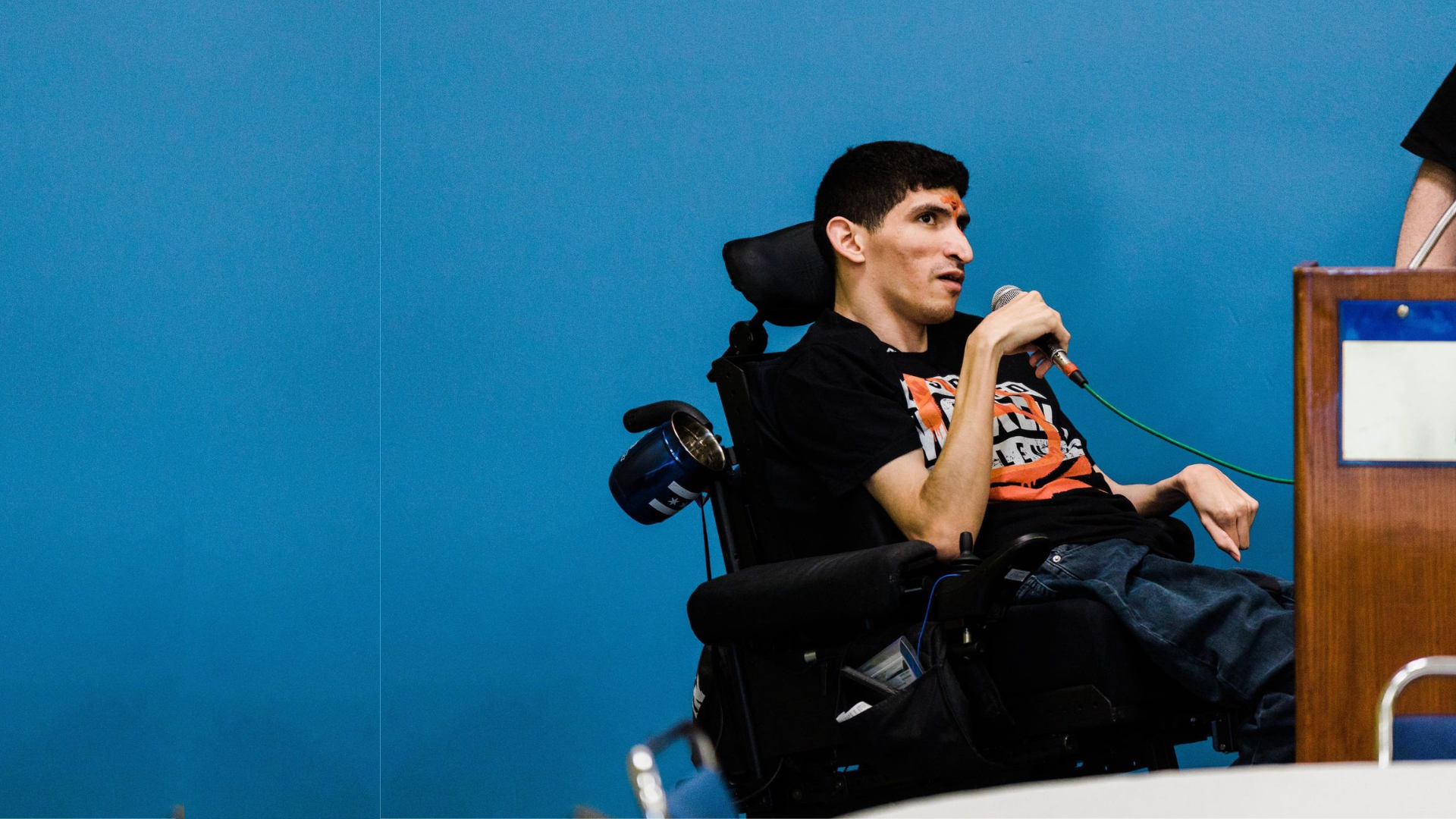
Apply WHO’s statistic to our business – organising large trade shows and pop culture conventions ‒ and it adds up to potentially thousands of RX customers with disabilities at any one of our events.
Early in 2022, RX launched RX Enabled to ensure the same opportunities are afforded to RXers and Customers with Disabilities as those without. RX Enabled is one of five Global Diversity Committees for different diversity dimension which are also working to achieve our inclusion goals around Race & Ethnicity, Gender Equity, LGBTQIA+ and Gender Identity, and Generations.
RX Enabled is a 14-strong global committee led by Executive Sponsor, Merilyne Davies, Chief Privacy Officer. Together the team are working to increase disability awareness within RX, challenge outdated misconceptions about disabilities, and provide tools and support to ensure that all colleagues with disabilities enjoy the same opportunities to succeed.
RX Enabled is also responsible for developing RX’s first Global Accessibility Standards for Events and for sharing best accessibility practices and success stories across the group.
“Whilst we have a long journey ahead of us to embed accessibility into our products and services by default, we are proud to follow in the footsteps of our ReedPop division whose pioneering approach to delivering inclusive pop culture events has inspired us all to do better for our visitors and our exhibitors” said Merilyne.
“Improving accessibility at our events not only helps people with disabilities to feel welcome and valued; it also opens up our events to large numbers of customers who might otherwise choose not to attend ‒ and spend – for reasons of personal comfort and safety.”

Accessibility in action
Six years ago, ReedPop began working with Ten Fifty Entertainment, the leading provider of Accessibility and Guest Services programmes in the US, to make its pop conventions inclusive to all. Today, New York Comic Con, Star Wars Celebration and other ReedPop favourites can claim to be fully accessible events, committed to making sure that all their fans have an amazing experience.
“Our events are human experiences, whether you are a businessperson going to network and grow your company, or a young fan going to a pop culture show to celebrate the things that you are most passionate about” said Kristina Rogers, Vice President, ReedPop Global Comics Portfolio.
“Experiencing these shows where you are seen, accommodated and supported is integral to feeling that you belong. The day-to-day issues associated with disability can be challenging and removing those challenges at our events creates a space where joy can happen, whether professional or personal.”
In the USA, ReedPop offers ADA (American with Disabilities Act) Assistance programmes at all its events, providing ADA stickers to individuals with mobility, physical, vision, hearing, cognitive, psychological, or any other type of disabilities that may not be visible. The stickers, which can be picked up on site at the ADA Desk at Registration, identify wearers to Staff, Crew, and Security and indicate that they may need additional assistance.
Star Wars Celebration (26-29 May 2022), held in Anaheim, California, employed 10 Access Staff members whose sole responsibility was to help guests with disabilities. The ADA Assistance Programme provided two service booths, one outside and one inside the venue to assist attendees and issue ADA stickers. Special ADA Queuing Lanes were provided to give guests equal opportunities to enjoy features and panels and secure coveted merchandise. ADA Viewing Areas enabled guests using wheelchairs and scooters to view the main stages clearly, and American sign language interpreters were provided during presentations. Two quiet rooms were also provided where anyone who was feeling anxious, or had a sensory disability, could escape from the hubbub of the event.
Over the 3-day event, 1011 disabled guests, 771 companions and 11 service animals were assisted at Star Wars Celebration ensuring that the force was well and truly with every guest, including the furry kind!
Building on the success of their ADA initiatives in the USA, ReedPop introduced an Accessibility Programme at MCM Comic Con London (May 2022) for the first time this year, including special assistance stickers and Complementary Carer Passes. Support services included special assistance lines for entry to the venue, priority entry to the show floor, special assistance queues for Main Stage panels, and additional support for autographing and photo opportunities.
MCM Comic Con London also provided a dedicated ‘Reset Room’ for anyone feeling anxious, overstimulated or simply needing some time out. The room was staffed by volunteers from ‘Gaming the Mind’, a charity run by mental health experts, combining healthcare expertise with a passion for video games and geek culture. They were on hand to have a chat, provide noise cancelling headphones and low-fi activities to help guests unwind, or even supply further information on managing mental health.
Gaming of The Mind volunteers
Gaming of The Mind volunteers

Raising accessibility awareness and sharing best practice
RX Enabled provides a range of resources to help RXers understand and embrace disability in all forms, from a global strategy and vision, to awareness training and guidance, and accessibility standards.
In October, 328 RXers from around the globe, tuned in for a virtual webinar with RX accessibilities consultant Austin Whitney who shared his expertise on accessible events and offered practical tips and takeaways for RX’s show teams.
Drawing on his experiences working on over 100 events every year, including the Coachella Music Festival, major sporting events and ReedPop’s comic cons, Austin covered everything from accessible event design, disability etiquette and health and safety to the commercial benefits of greater inclusion.
“We live in an increasingly ageing world and with aging comes disability. There are a growing number of people who want to attend live events, whether business or consumer, and who want to have a meaningful experience” he explained.
“By communicating your accessibility provision and building brand reputation as a leader, you will see the business track with your accessibility accommodations. This is good business sense, it’s not charity.”
“There are not only ethical and legal arguments for making our events accessible but commercial ones too,” agreed RX Enabled Executive Sponsor and webinar host Merilyne Davies. “Certainly, what I saw when I was at Star Wars Celebration, and learned from talking to fans, was that whole families were coming together for the first time since the start of the pandemic and chose Star Wars Celebration because of the accessibility support that was provided. It was inspiring to see so many RX show teams attend the webinar to find out how they can apply the lessons from Austin and ReedPop to their own trade shows.”






